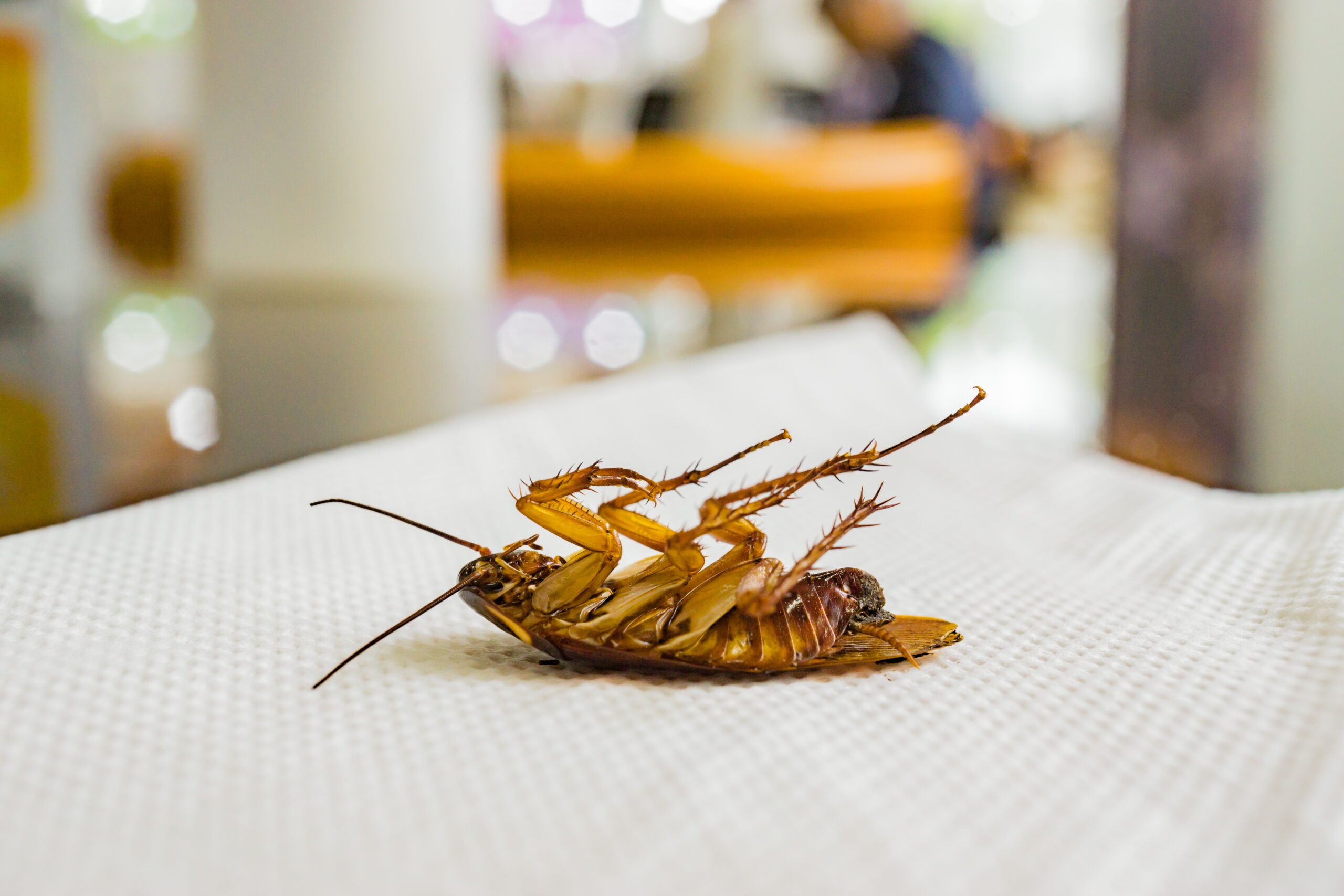Exploring Various Parasite Control Methods to Accomplish Long-Term Success in Handling and Preventing Infestations in Residential Locations
Effective insect control in residential locations demands a multifaceted approach that balances prompt outcomes with long-term sustainability. What might these advancements involve, and how can they transform our understanding of parasite control?
Understanding Bug Control Approaches
Although pests have existed alongside humans for centuries, the approaches used to control them have progressed significantly in time. Understanding these techniques is crucial for successfully taking care of and protecting against infestations in houses. Pest control techniques can be broadly classified into three key approaches: cultural, mechanical, and chemical.
Social approaches concentrate on altering the setting to minimize bug destination and breeding. This includes correct sanitation, crop turning, and environment modification, which can substantially reduce pest populaces. Mechanical control involves physical obstacles and catches to take care of bugs straight, such as screens, vacuum cleaners, and sticky traps. This method is typically preferred for its non-toxic nature and prompt outcomes.
Chemical control continues to be one of the most extensively used methods, entailing the application of chemicals to eliminate pests. Integrated Pest Management (IPM) integrates these techniques to create an all natural strategy, advertising lasting parasite prevention and minimal injury to useful organisms.
Eco-Friendly Pest Control Solutions
Just how can property owners efficiently take care of pest issues while reducing their ecological influence? Green parasite control options offer a sustainable option to typical techniques, prioritizing the health of both residents and the surrounding environment. These remedies often utilize natural ingredients and techniques that interfere with bug actions without presenting unsafe chemicals right into the environment.
One efficient approach is the usage of valuable pests, such as ladybugs and lacewings, which prey on usual insects like aphids and mites. In addition, diatomaceous earth, an all-natural powder made from fossilized algae, can be sprinkled in locations where bugs are prevalent, working as a desiccant that hurts insects while continuing to be secure for human beings and animals.
Furthermore, applying safety nets is critical. roach control near me. House owners can ensure correct sanitation by sealing access points, keeping tidy living areas, and taking care of waste efficiently. Growing pest-repellent herbs, such as mint and basil, can likewise deter undesirable site visitors
Ultimately, eco-friendly bug control remedies encourage property owners to attend to infestations responsibly, fostering a much safer living setting while advertising ecological balance. By accepting these approaches, individuals can contribute to a healthier world while properly managing pest-related issues.
Chemical Bug Control Options
While eco-friendly options are increasingly prominent, there are circumstances where chemical parasite control alternatives might be necessary for effective management of severe infestations. Chemical controls, including insecticides, fungicides, and herbicides, are commonly made use of to rapidly decrease insect populations and alleviate damage to homes and gardens.
These items can be categorized into 2 primary categories: synthetic chemicals and natural pesticides. Artificial chemicals, such as pyrethroids and neonicotinoids, read this post here are engineered to target specific insects, offering fast knockdown effects. On the other hand, all-natural chemicals, stemmed from plant or mineral resources, may offer an extra ecologically pleasant option while still delivering reliable outcomes.
Prior to utilizing chemical parasite control, it is essential to perform a detailed evaluation of the problem and determine the details insect entailed. This guarantees that the picked chemical is both effective and proper. Additionally, house owners must adhere to security standards, consisting of proper application strategies and individual safety equipment, to lessen wellness dangers and ecological impact.
Integrated Insect Monitoring Strategies

Biological control entails i was reading this the use of all-natural predators or parasites to take care of pest populaces. Physical controls, like catches or barriers, can stop pests from going into homes or destructive plants.
Monitoring and evaluation are essential components of IPM, permitting prompt treatments based on pest populace thresholds. By focusing on precautionary actions and utilizing a combination of techniques, IPM not just addresses current invasions however also promotes lasting bug monitoring services that secure both human wellness and the environment. This extensive technique is important for sustainable pest control in suburbs.
Arising Technologies in Parasite Control
The development of arising innovations in bug control is changing the means we take care of pest populaces, supplying cutting-edge options that boost performance and effectiveness. Developments in precision agriculture, for circumstances, make use of information analytics and sensor technologies to check bug task and environmental problems, enabling targeted treatments that minimize pesticide usage.
Furthermore, drones outfitted with imaging innovation are being employed to survey huge areas for problems, giving real-time information that aids in timely decision-making. Biotechnology is playing a critical function, with the growth of genetically changed organisms (GMOs) developed to decrease pest populaces while protecting helpful varieties. roach control near me.

Lastly, smart traps and keeping an eye on gadgets geared up with IoT capacities More about the author allow home owners and insect control experts to receive immediate notifies concerning insect task, promoting punctual action. Collectively, these emerging innovations not only enhance pest management outcomes but also add to ecological sustainability by decreasing dependence on traditional chemical treatments.

Final Thought
In verdict, efficient bug control demands a multifaceted strategy that incorporates cultural, mechanical, and chemical methods. Stressing environmentally friendly remedies and Integrated Insect Administration can result in lasting practices that not just mitigate problems yet also boost the ecological equilibrium within suburbs. By welcoming innovative innovations and embracing precautionary actions, house owners can cultivate healthier settings while reducing reliance on damaging chemicals. The combination of these approaches is critical for attaining lasting success in bug administration.